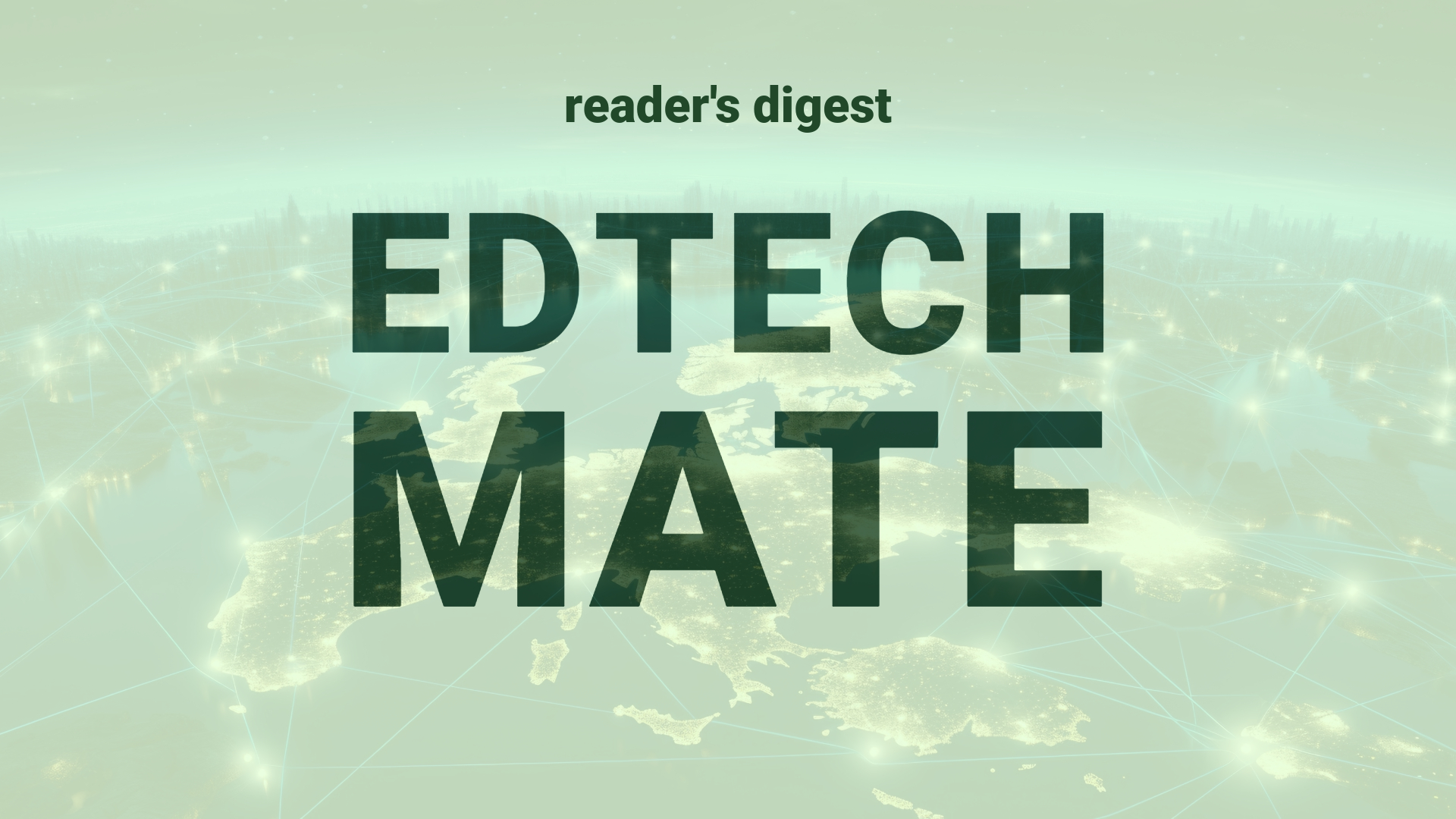“`html
Executive Summary and Main Points
The increasing volatility within the global economy and workforce, amplified by the COVID-19 pandemic, geopolitical shifts, and technological advancements, particularly generative AI (gen AI), mandates a transformation in corporate conduct. Companies are grappling with disengaged, oftentimes burned-out employees who are re-evaluating their work modalities, seeking purpose, flexibility, and support within their roles. Substantial McKinsey research stresses the significance of ‘thriving stars’—those who engage in innovation, creativity, collaboration, and demonstrate superior cognitive and social–emotional skills. However, excessive interaction with gen AI has been correlated with burnout and job turnover. The necessity for gen AI talent is growing, and there is a need for cultivating an organizational culture that elevates human cognitive abilities and prioritizes employee wellbeing, reinforced by five strategic actions designed to foster a thriving workforce.
Potential Impact in the Education Sector
The rapid penetration of gen AI in workplaces has profound implications for Further Education, Higher Education, and Micro-credentials. Curriculum redesign to enhance cognitive and emotional intelligence, along with technology skills, becomes paramount. Strategic partnerships for real-world applicability of digital tools will augment learning experiences, and tailored micro-credentials will equip the workforce with specialized competencies to manage and collaborate with AI. Institutions are obligated to incorporate digitalization into their pedagogy for creating adaptive and resilient graduates, ready to thrive in environments increasingly characterized by gen AI integrations.
Potential Applicability in the Education Sector
AI and innovative digital resources present transformative potential within global education systems. Gen AI can streamline administrative tasks, freeing educators to concentrate on pedagogy and student engagement. The integration of AI-driven analytics could personalize learning, optimize course contents, and enhance student support. In research, gen AI might supercharge data analysis, fostering cross-disciplinary and cross-border collaborations. Moreover, it is vital to educate students on ethical AI use and manage the balance between automation and human critical thinking within educational spheres.
Criticism and Potential Shortfalls
While gen AI offers considerable benefits, its rapid adoption poses risks of exacerbating employee burnout and depersonalizing the workplace. The education sector is not immune to these perils, as the use of gen AI tools must be delicately managed to avoid undermining the fundamentals of critical thinking and human creativity. International case studies reveal varied responses to AI’s role in education, with disparities in implementation influenced by ethical considerations and cultural acceptance. There is a crucial necessity to recognize gen AI as a complementary tool rather than a substitute for human intellect and pedagogical interactions.
Actionable Recommendations
For the successful integration of emerging technologies in international education leadership projects, it is recommended that educational institutions create a strategic roadmap for gen AI adoption. This includes establishing interdisciplinary AI literacy programs, fostering an institutional culture that values creativity and innovation alongside technological proficiency, and investing in partnerships that link education with industry for relevant skill development. Additionally, developing an AI ethics framework will ensure responsible use of technology, while policies promoting work-life balance for educators will aid in minimizing burnout and sustaining high performance.
“`
Source article: https://www.mckinsey.com/capabilities/people-and-organizational-performance/our-insights/to-defend-against-disruption-build-a-thriving-workforce

